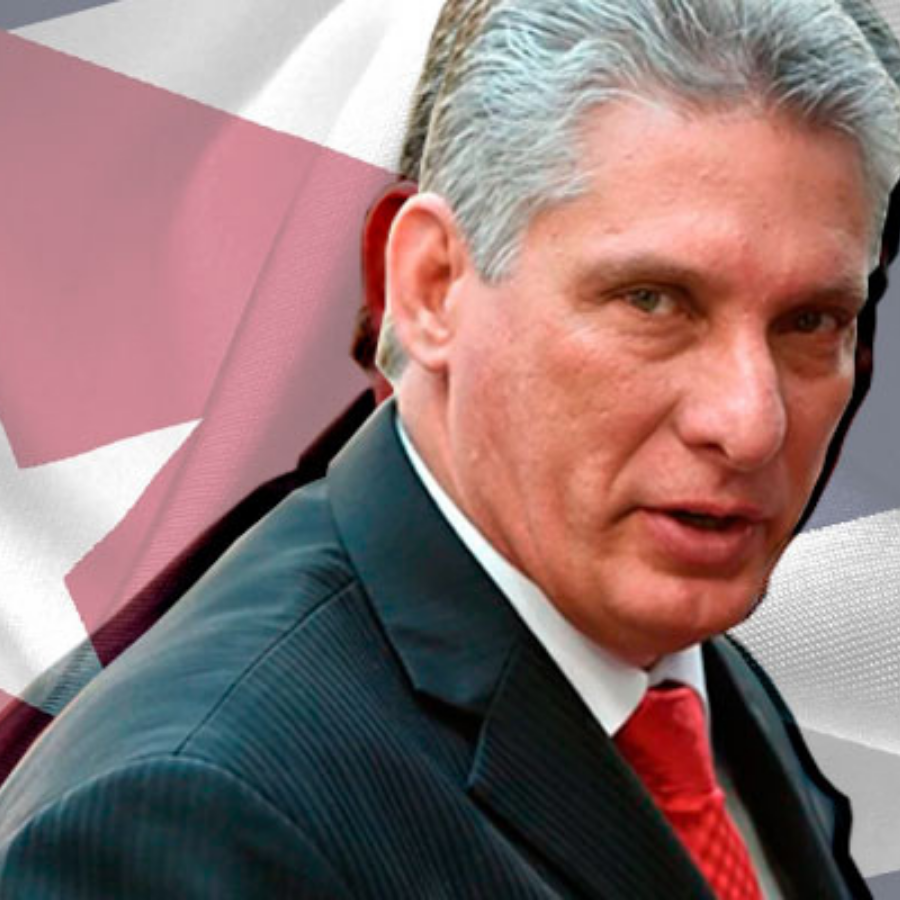 BY ANNISA ESSACK
BY ANNISA ESSACK
19:04:2021
Miguel Díaz-Canel – Cuba’s new leader is nothing like those who have governed the country over the last six decades. Having only served a few years as a soldier, he was never a guerrilla fighter nor is he a Castro. He has risen through the approved channels, peacefully and diligently.
Díaz-Canel is sealing a political dynasty that has held power since the 1959 revolution as he replaces his mentor, Raúl Castro. Cuba’s Communist Party congress, today, chose him to be its leader, adding the all-important post to the title of the president which he assumed in 2018.
Díaz-Canel, who turns 61 tomorrow, earned an engineering degree and dedicated himself to official politics, rising to a senior post in the Union of Young Communists. He soon gained a reputation as a pragmatic administrator with an amiable, informal manner in dealing with the public as he worked through a series of bureaucratic positions in Cuba’s provinces.
One year after Raúl Castro became Cuba’s president, Díaz-Canel became minister of higher education. Three years later, in 2012 he rose to one of Cuba’s vice presidencies and soon thereafter was named first vice president.
Over the years several promising young officials seen as heirs apparent to the Castro’s, fell by the wayside, trying to grab too much power too quickly, dabbling in questionable deals or caught making indiscreet comments about the leadership. Díaz-Canel remained steadfast as he defended the system against dissidents and U.S. hostility.
In 2018, he took over from Raúl Castro as president and nudged forward some reforms that the government had already begun to open the once-wholly state-dominated economy- Cuba allowed more small private businesses and made life a little easier for some small-scale entrepreneurs.
Recently, he has overseen the end of a dual currency system and Cuba finally being allowed widespread use of the internet.
But, one thing is certain, there is no opening for dissident political movements.







0 Comments